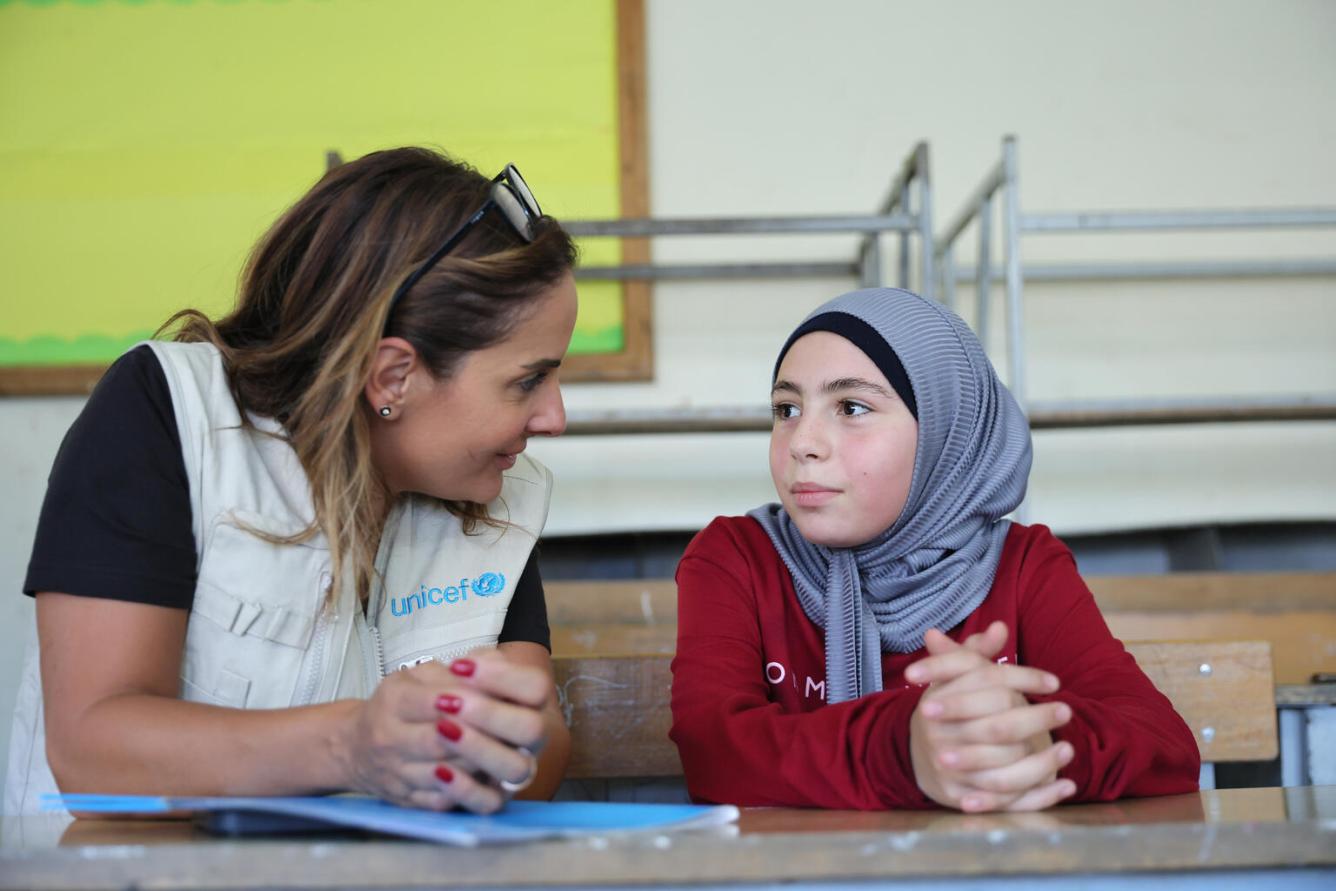Support children affected by the Lebanon Conflict
Since October 2023, the situation in Lebanon has continued to deteriorate drastically. Hostilities along the Lebanon-Israel border have intensified, resulting in the deaths of over 1,600 people, including more than 100 children, and injuring more than 8,000. The crisis has left an estimated 1 million people displaced, including more than 300,000 children.
UNICEF urgently calls for an immediate de-escalation and for all parties to uphold their obligations under international humanitarian law to ensure the protection of civilian infrastructure and civilians, including children, humanitarian workers and medical personnel.
Before the current escalation of hostilities, Lebanon had already been experiencing a prolonged economic and political crisis exacerbated by the cholera outbreak in 2022, the Beirut Port Explosion in 2021, and the COVID-19 pandemic.
The conflict has reduced access to essential health, water and education services – worsening an already dire situation for children and their communities.
Help us provide urgent, humanitarian assistance to children in Lebanon
How UNICEF is responding to the crisis in Lebanon
UNICEF has worked to support and protect the children of Lebanon for over 75 years, and we are ramping up our efforts to ensure children and families affected by the crisis get the humanitarian assistance they urgently need.
With the help of our donors and partners, we have been working tirelessly in Lebanon to support displaced children and families, including:
- Delivering life-saving medical supplies;
- Providing urgent support to displaced and host communities;
- Ensuring access to essential water, health and nutrition services across the most affected areas.

Since the escalation of hostilities, UNICEF has helped:
- Conduct repairs across 60 essential water stations to provide over 515,000 people continued access to water;
- Procure 100 tons of life-saving medical supplies, to respond to the health emergency needs of the displaced population in host communities;
- Provide community-based psychosocial support to over 1,600 children and caregivers which aim to help children regain a sense of normalcy, enhance their resilience, and reintroduce routine in their lives.
